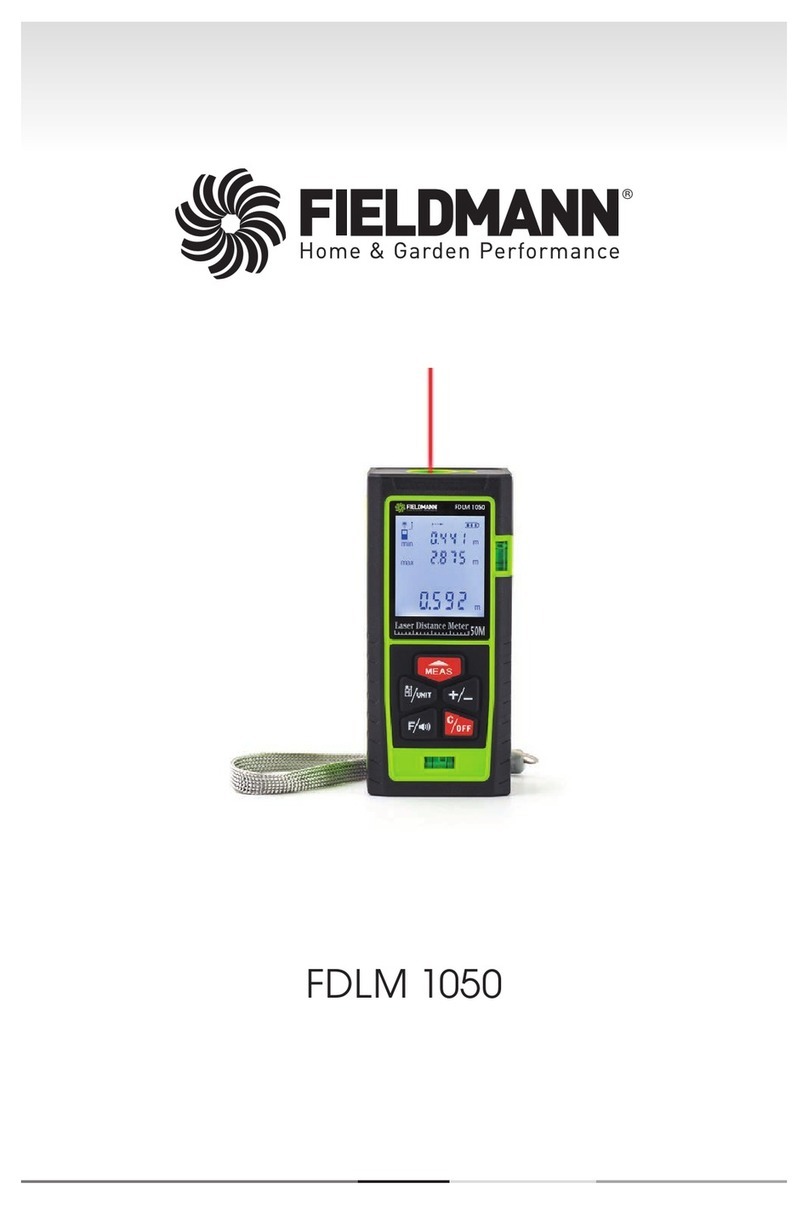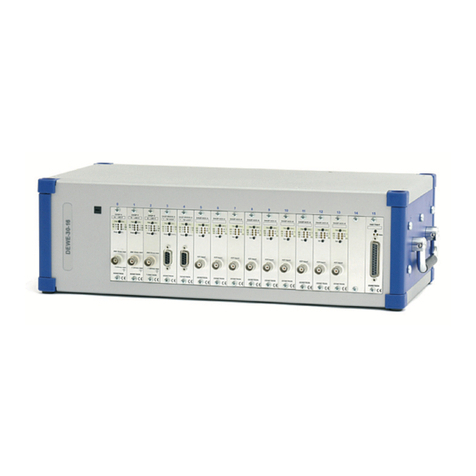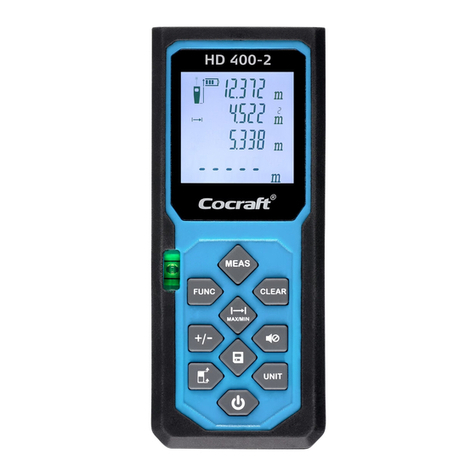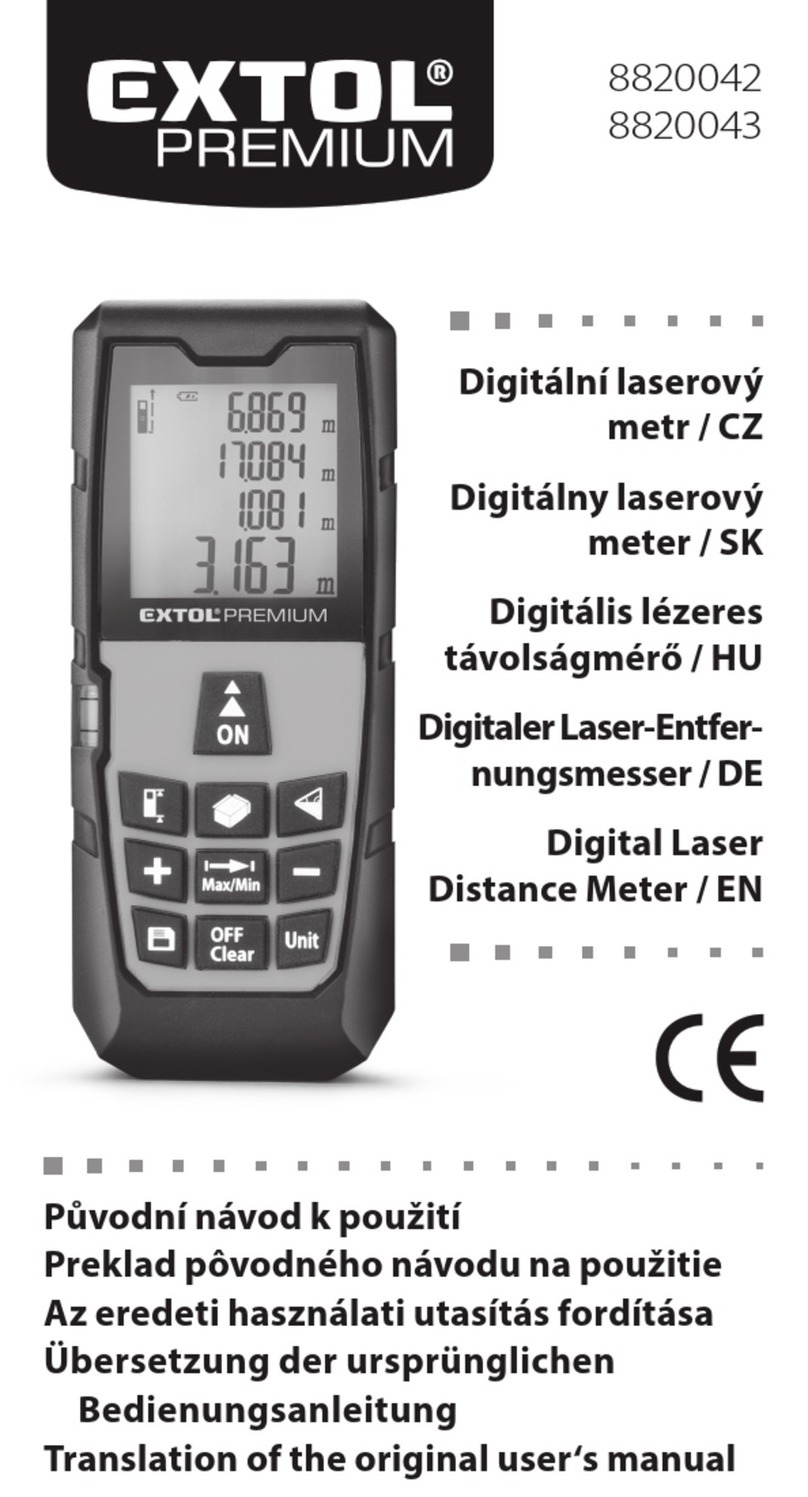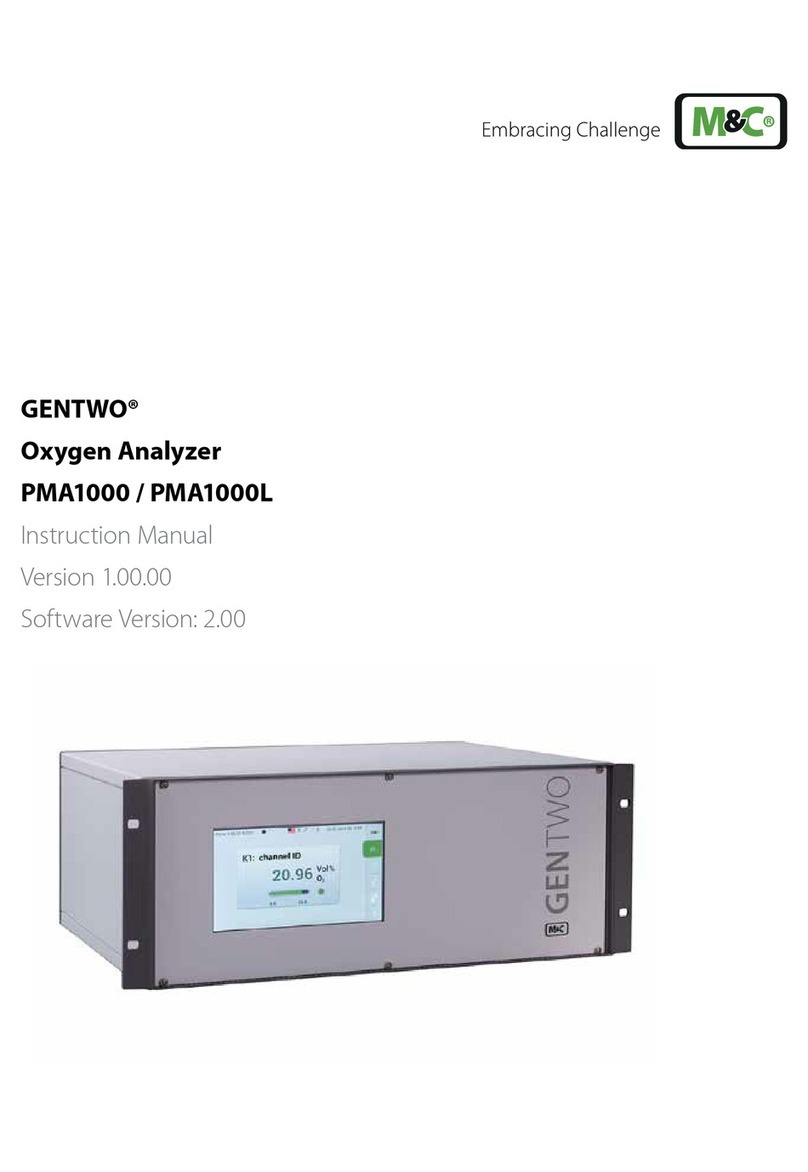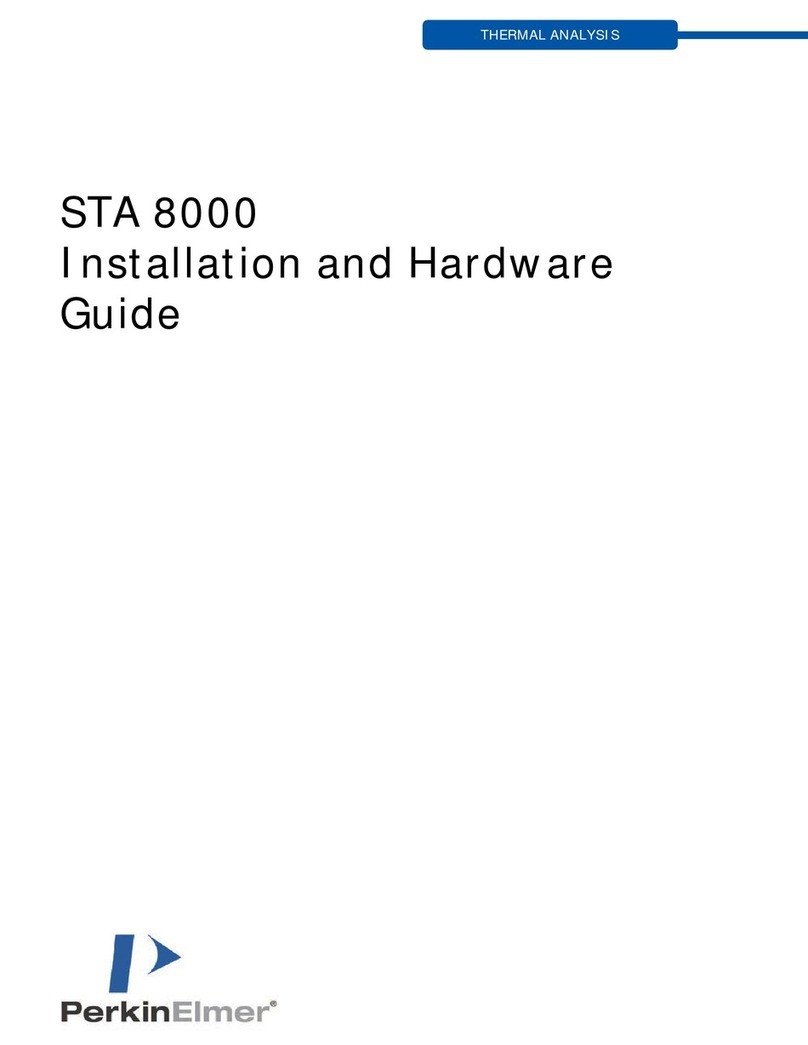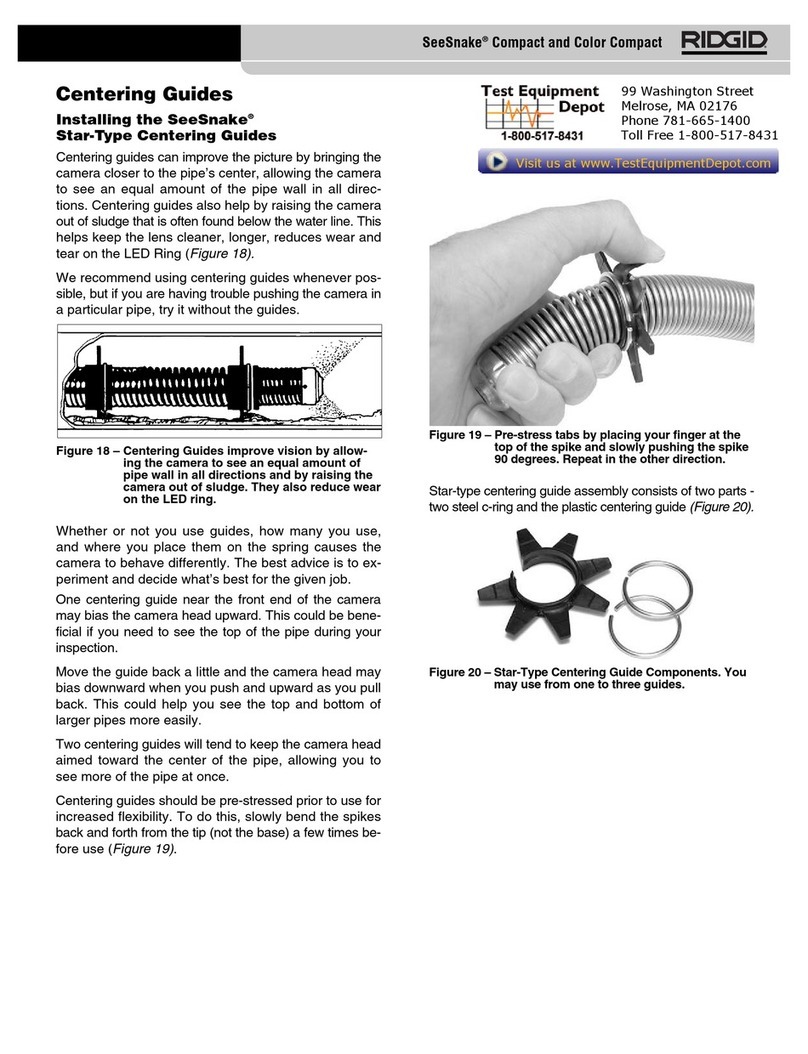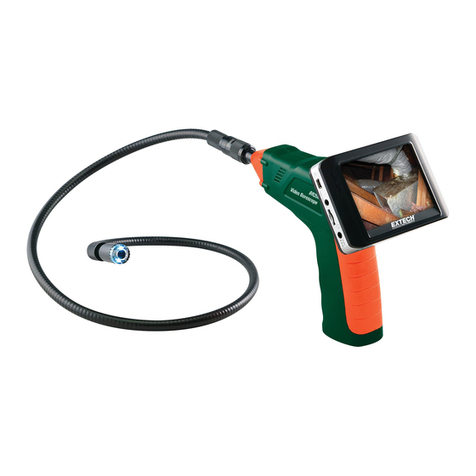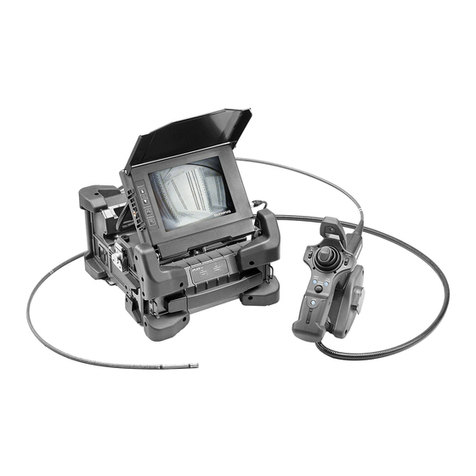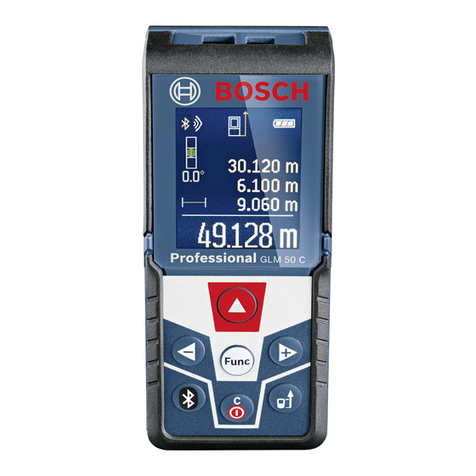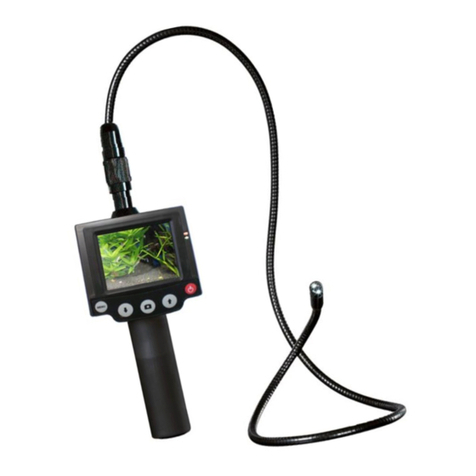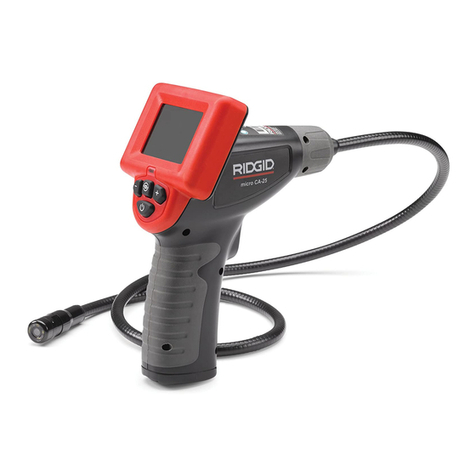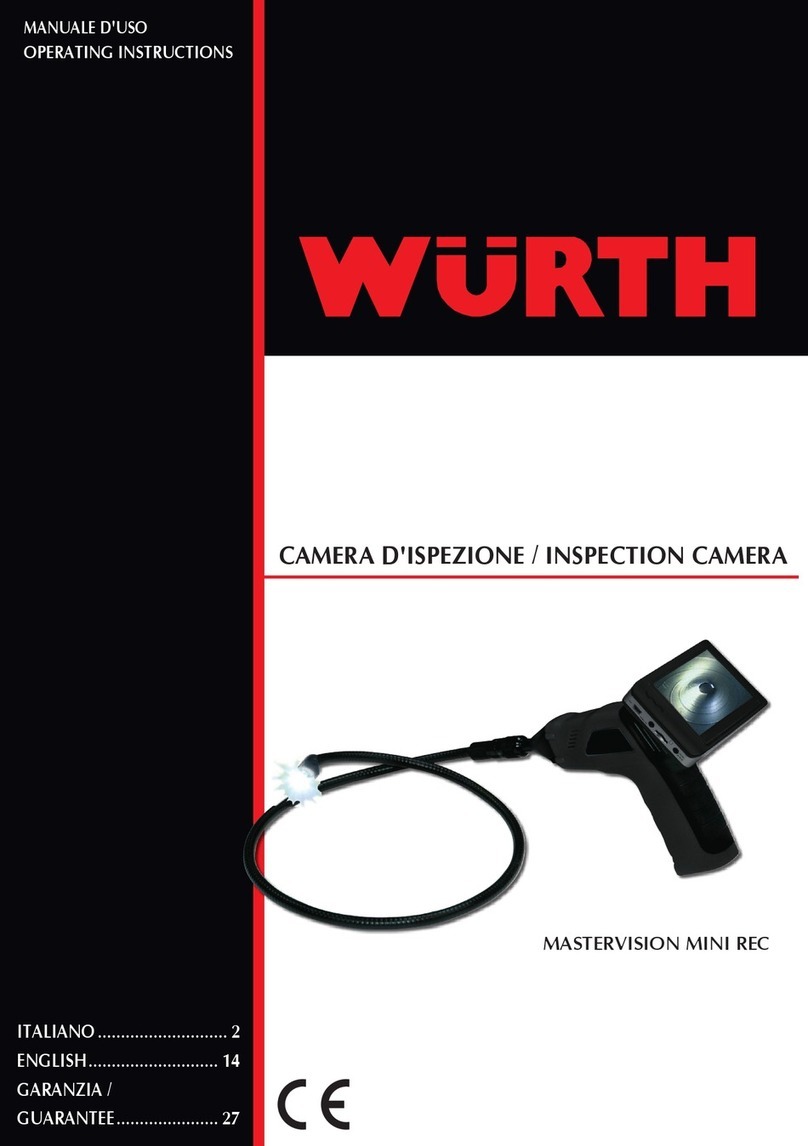
Contents
Introduction...............................................................................................5
Pyris Installation ............................................................................................... 6
Safety and Regulatory Information...........................................................7
Symbols Used in this Help.................................................................................. 8
Notes, Cautions and Warnings..................................................................... 8
Symbols Used on the Instruments.....................................................................11
Electrical Warnings...........................................................................................12
Electromagnetic Compatibility (EMC).................................................................14
Europe......................................................................................................14
South Korea..............................................................................................14
United States (FCC)...................................................................................14
Electrical Safety ...............................................................................................15
WEEE Instructions for PerkinElmer Products ......................................................16
Prepare the Laboratory............................................................................19
Prepare the Laboratory.....................................................................................20
Electrical Requirements..............................................................................20
Environmental Requirements......................................................................20
Purge Gas and Pneumatic Supply ...............................................................21
Space Requirements..................................................................................21
Install Multiple Analyzers ........................................................................23
Install Multiple Analyzers ..................................................................................24
Install an STA 6000..................................................................................27
Safety Precautions for the STA 6000 .................................................................28
Important Specifications ............................................................................30
Decontamination and Cleaning..........................................................................31
Decontamination .......................................................................................31
Cleaning the Instrument ............................................................................31
General Laboratory Safety..........................................................................31
STA 6000 Warning Labels.................................................................................32
Warning Labels on the Upper Ring Around the Furnace................................32
Warning Labels on the Back of the STA 6000 ..............................................33
Installing an STA 6000 .....................................................................................35
Unpacking the STA 6000 ..................................................................................36
Parts Included...........................................................................................37
Set Up the STA 6000 System Components.........................................................38
Select the Correct Voltage for the STA 6000................................................38
Connect the Purge Gas Supply to the STA 6000...........................................40
Connect the Purge Gas and System Purge Gas Lines to the STA 6000...........41
Remove the Shipping/Alignment Tool .........................................................42
Install the Sensor ......................................................................................42
Connect the Cooling Device to the STA 6000...............................................42
Connect the STA 6000 Components ..................................................................49
Configure the STA 6000....................................................................................50
Starting the Pyris Manager.........................................................................50
Calibrate the STA 6000.....................................................................................51
STA 6000 Hardware.................................................................................55
STA 6000 Hardware Overview...........................................................................56
Sample Handling..............................................................................................58
Sample Preparation ...................................................................................58
Sample Pans .............................................................................................58
Sample Atmosphere...................................................................................58
Loading the Sample into the STA 6000 .......................................................59
